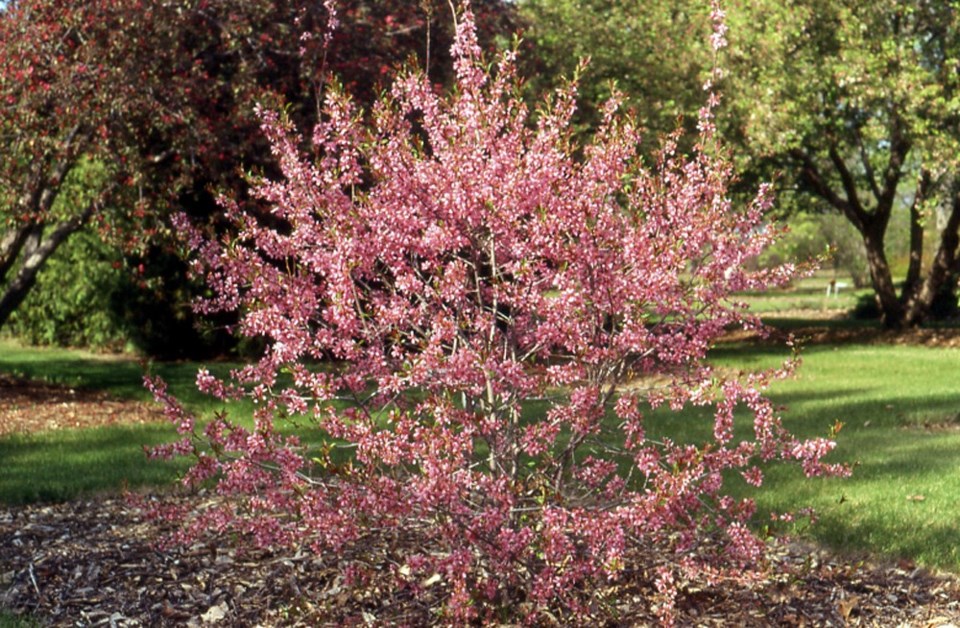After a long winter, spring is so much appreciated. Gardeners venture out looking for any sign of life in the garden as soon as the snow recedes. This winter was a long one – especially when we recall that last year, the beginning of April was very warm. So warm that many who might not be familiar with life on the prairies, put out annuals in their containers in early April. Needless to say, they did not make it through the growing season. For all of us who have lived here long-term, one of the biggest challenges is ensuring you have colour in the garden for as long as possible. This challenge is often the greatest in the early spring when winter is losing its hold. Spring is a time of rebirth, a time to rejoice that green will again become the predominant colour in our landscape. It is however those early spring blooms that bring a happy smile to us all.
Some of the earliest spring bloomers are spring flowering bulbs. As these must be planted in the fall, we can only use the spring to see what we like, to appreciate their bloom and hope we remember to plant them come September. Spring flowering bulbs need a period of stratification or cold period in order for the blooms to be able to form. In our climate, September is the very best time to plant as our temperatures outside are still pleasant and there is some time for the bulbs to grow some roots before winter comes. Some of the earliest bloomers are Siberian squill, crocus and tarda tulips.
Other early bloomers in the prairie landscape include early blooming perennials. Our native crocus (Anemone patens) is in bloom in the early spring. They are actually not true crocus as they are not bulb forming plants. However, to anyone that grew up in the prairies – they will forever be the “real” crocus. Where I live, we have yet to see any colour in our native prairie lands. The flowers are light mauve on stems about 4 inches high. The seed stage is also attractive as it is a billowy mass of seeds on long feathery stalks.

Other early blooming perennials that I particularly enjoy and which blooms in early spring is rockcress (Arabis caucasica). It will bloom along with the early tulips and is a welcome sight each and every spring. Although it is not showy for the rest of the season, it is worth growing just for the spring blooms. Almost as early are the primroses (Primula veris and Primula auricala) which add a variety of colour as spring progresses. They like an area that is rich in organic matter in order to be happy year after year so ensure you do a good job of amending the soil prior to planting. One last perennial that is in bloom in later spring that always brings a smile to my face is the Trollius or globeflower. They are a bit taller and hence will bloom a little later and are a sunny yellow perennial which is truly a joy to grow.
As far as early blooming shrubs the Muckle plum (Prunus x nigrella 'Muckle' which is a medium sized shrub that is simply stunning in early spring. The buds are a deep cherry colour and when the blooms open up they are a delicious hot pink. It is non-fruit bearing, has glossy green colour during the growing season and in the fall has a beautiful deep orange colour. This shrub really should be planted more often as it is very hardy and spectacular in early spring.
Following the above favourite spring bloomers are the Rosybloom crabs. These are mostly fruit bearing but do not really produce usable fruit which is often the most common complaint about these stunning spring blooming trees. There is a flowering crab which has white blooms and is sterile (does not produce fruit) which is another great addition to the landscape. Malus 'Spring Snow' is a cultivar that was likely first hybridized at Honeywood Heritage Nursery by Bert Porter.
Spring is a wonderful season and is only made better by growing and enjoying some selections which grace our landscapes in the early spring! Enjoy your time this spring in the garden!
Hanbidge is the Lead Horticulturist with Orchid Horticulture. Find us at www.orchidhort.com; by email at [email protected]; on Facebook @orchidhort and on instagram at #orchidhort. Tune into GROW Live on our Facebook page or check out the Youtube channel GROW.




